News 8/30/12
NextGen announces plans to integrate Nipro Diagnostics’ TRUEresult blood glucose monitoring system into NextGen ambulatory EHR, allowing users to view and graph the captured data.
The governor of New York signs a law requiring physicians or their designated employees to check a real-time registry maintained by the state health department before prescribing certain drugs, including oxycodone. The law also requires pharmacists to report each time they dispense the drugs.
Avon Urgent Care (IN) selects iSALUS Healthcare’s OfficeEMR. ISALUS also announces that Quest Diagnostics has certified OfficeEMR as a Gold Health IT Quality solution based on its interoperability with Quest’s lab orders and results.
Consumer Reports publishes ratings on 552 Minnesota physician group practices, based on findings from the Robert Wood Johnson Foundation and Minnesota Community Measurement. Data was based on “quantifiable measures” collected by the practices and focused on diabetes and cardiovascular disease care. Practices were scored based on the percentage of patients achieving all the targets for managing their blood pressure, cholesterol, diabetes, and blood sugar. Sounds like any practice that wants to be included in similar rankings needs an EMR to adequately capture and report the required data. A couple of months ago Consumer Reports published similar ratings for Massachusetts physicians, so maybe Consumer Reports will soon be the go-to source to identify the best dishwashers, cars, AND physicians.
Hillcrest HealthCare System (OK) contracts with Phytel to provide its Outreach population health management solution to 100 primary care physicians, along with Phytel Insight for analytics.
The 300 provider Cornerstone Health Care (NC) selects MedAptus’s Pro Charge Capture solution for coding and billing.
MGMA reports that median compensation for practice administrators of groups with seven to 25 FTE physicians rose almost 5% in 2010 to $120,486. In groups over 26 physicians, however, compensation fell almost 3% from the previous year. In practices with less than six physicians, administrators earned an average of $88,118. Administrators affiliated with the MGMA-ACMPE certification and fellowship programs earned as much as $30,000 per year more than their non-certified peers, a point that MGMA will undoubtedly leverage to promote certification programs.
HIStalk Practice sponsor Kareo updates its Website and branding to reflect its commitment to small practices and billing services. The Kareo folks tell me the company has doubled in size each of the past three years and now serves 15,000 providers.

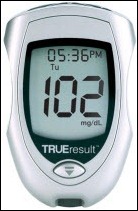
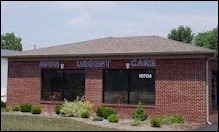
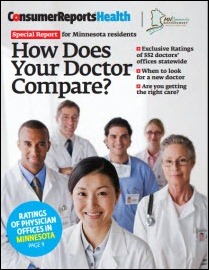
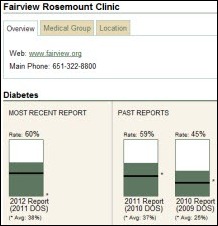

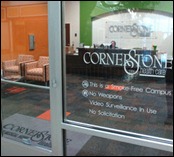



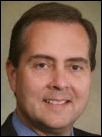
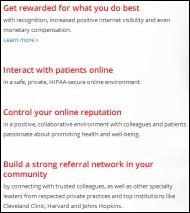

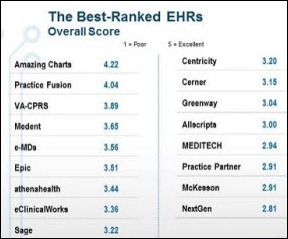

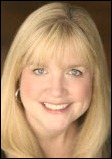

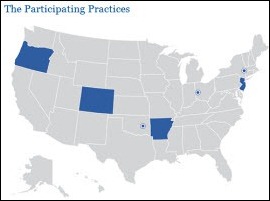

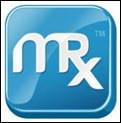

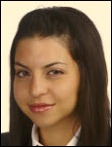
The article about Pediatric Associates in CA has a nugget with a potentially outsized impact: the implication that VFC vaccines…